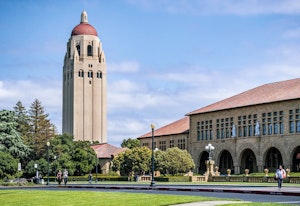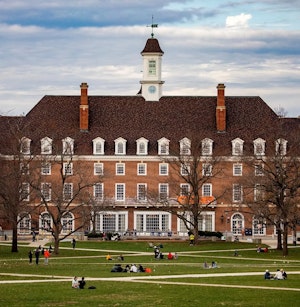The first step on most people’s AI career path is to enroll in a college degree program that will provide the necessary training to set them up for success. But now more than ever, there are lots of options out there, all purporting to offer the “best” AI education.
In this article, we’ll take a look at the state of AI colleges before diving into what it means to be “best” and how you can choose the best program for you. Along the way, we’ll preview some great AI programs from across the country.
What’s the AI higher education landscape look like today?
The AI market’s growing rapidly, with Grand View Research projecting it to expand by over 40% to over $900 trillion worldwide by 2028. With the growth of the market, so grows the AI workforce. According to Indeed, demand for those with AI skills and expertise more than doubled from 2015 to 2018, and there’s no sign this demand will slacken in the coming years.
The growing AI market is offering lucrative salaries to those who can help it grow: Glassdoor pegs the median artificial intelligence engineer salary at $119,640 annually, and for a machine learning engineer, that median salary climbs to $124,040, both eclipsing the 2020 median US household income of $67,521.
Given the booming job market and high earning potential of a career in artificial intelligence, it makes sense that today more than ever, aspiring technologists are flocking to colleges and universities to get an artificial intelligence degree. It’s also no surprise that universities and other educational providers are increasingly seeking to provide high-quality AI & ML instruction, both in existing computer science departments and through new, standalone artificial intelligence and machine learning programs.
Student growth in the field is noticeable from the undergraduate level on up. Stanford University’s AI Index found the number of courses offering undergrads instruction in developing practical AI and ML models to have more than doubled over the four academic years from 2016 to 2020.
Enrollment at these schools has also grown considerably in introductory courses in artificial intelligence and machine learning, increasing by 60% over the same time frame. And Stanford notes that almost 30,000 students graduated with an undergraduate computer science degree — the most common form of artificial intelligence degree — in 2019 in North America alone, three-fold growth over 2010.
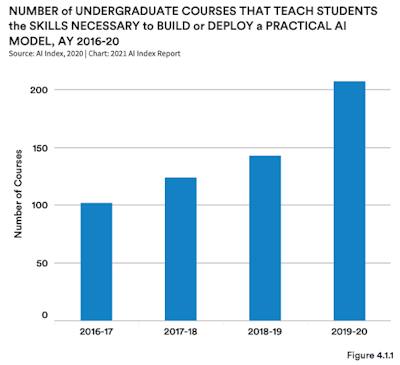
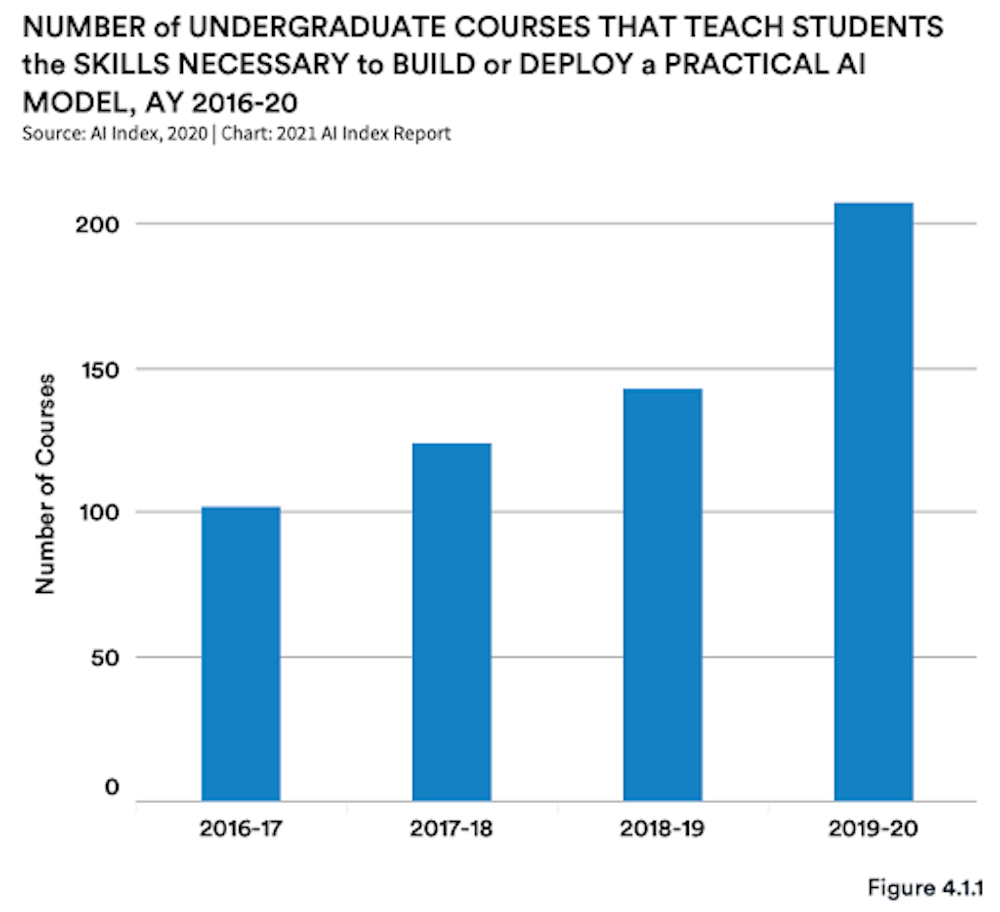
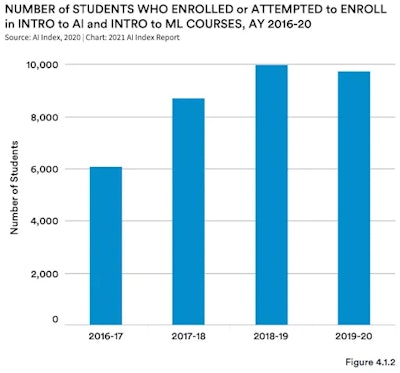

While not all of these students graduated with AI- or ML specializations, together with course-offering data this paints a picture of robust participation in artificial intelligence and machine learning at the undergraduate level.
While the growth in course offerings at the graduate level has been more modest — around 40% over the same four years — graduate programs have seen substantial growth in the number of tenure-track faculty who specialize in AI, with over 60 new professors joining the ranks of the 18 schools surveyed.
The market is justifying that demand for qualified professors: as we mentioned above, computer science Ph.D. students are increasingly specializing in artificial intelligence and machine learning. Indeed, as the number of CS Ph.D. students tripled over the ten years leading up to 2020, students within this group working in artificial intelligence, machine learning, or robotics grew by over 10% and now make up over 20% of all new CS PhDs. Of course, these data miss the many graduate students working in the new AI and ML-specific Master’s and Ph.D. programs that are launching every academic year.

What does it mean to “be best?”
With so much potential impact — and earning — up for grabs, you can be sure that interested would-be undergrads and grad students are diligently seeking out the best artificial intelligence colleges. Online, you can find countless sites purporting to rank the best AI programs. Often, they’ll support their rankings by laying out different criteria by which they evaluate and order the programs they feature, separating the “best” from the “rest.”
But while publishing ranking methodologies does lend some objectivity to their program rankings, these sites are missing the bigger issue: ranking in the first place, identifying the “best” programs, presumes that just one kind of student is seeking AI education. Harvard University, Yale University, New York University, Columbia University, Northwestern University: the list of great schools goes on, and they are undoubtedly great schools — but all too often it’s assumed that they will be great schools for every student, regardless of that student’s particular situation.


